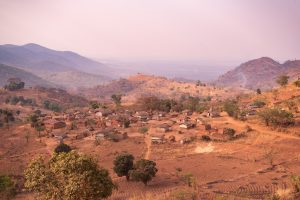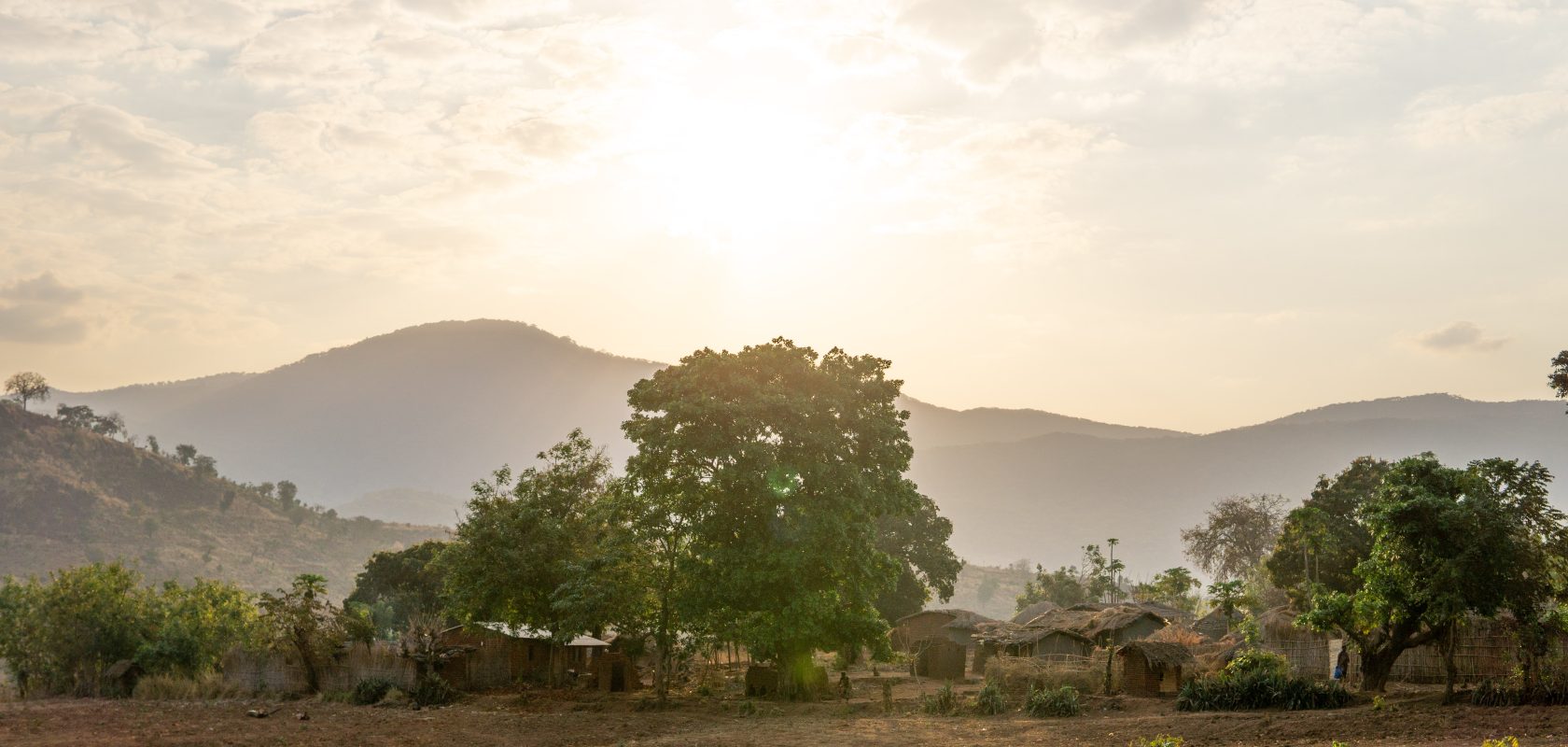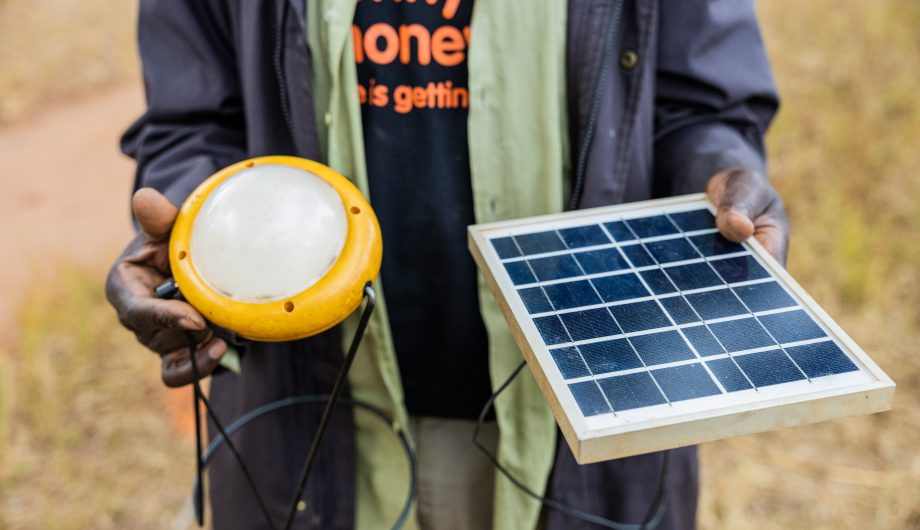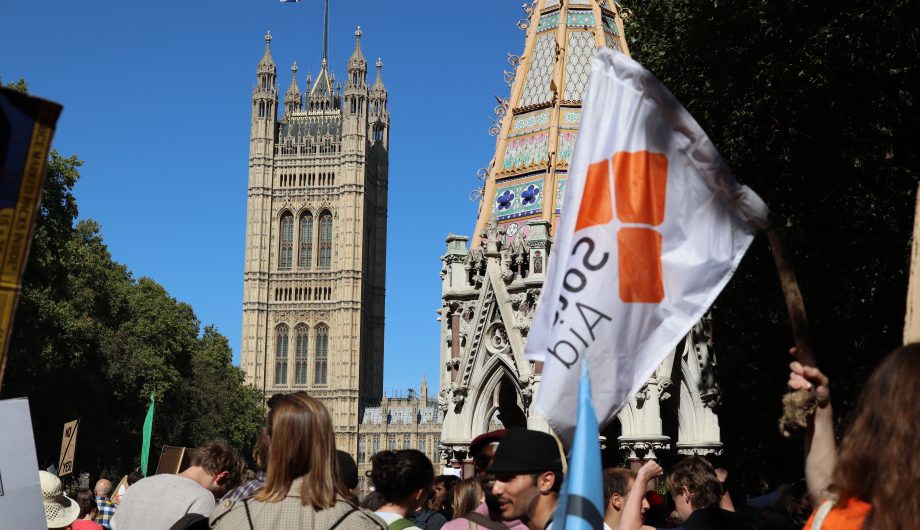The climate crisis is here and Africa is at the forefront. In the most recent IPCC report, it was emphasised that Africa is warming at a faster pace than the rest of the world, despite contributing the least to global carbon emissions. The effects of this are being felt across the continent and the ability to cope is already being challenged. From prolonged droughts to increased and more severe natural disasters, climate change is leaving a trail of destruction across Africa’s ecosystems, societies and economies.
While the exact impact of climate related extreme weather is hard to measure, rising global temperatures coupled with high poverty levels and underdeveloped infrastructure severely limits the ability of countries across the continent to adapt; therefore, heightening food insecurity, driving population displacement, threatening human health, and intensifying stress on resources.
Towards a Just Future: Collaboration over competition
Those who have contributed the least to climate change are the least able to cope and the least able to recover. Yet, just as Africa is particularly vulnerable to the impacts of climate change, so too can the continent play a big part in the solution with support from the global community.
Ahead of the the Africa Climate Summit taking place in Nairobi this week, Kenyan Environment Minister Soipan Tuya stated, “We aim to start changing the conversation from Africa the victim of hunger, famine and floods..the new narrative … should be an Africa that is willing and ready to attract capital that is timely, equitable and at scale to lead the world in tackling climate change.”

Traditional Authority Kasakula, Ntchisi District, Malawi where SolarAid has implemented their game changing model Light A Village lighting up every home in the community with clean, safe solar power. Chris Gagnon/SolarAid.
In order to move towards a just and resilient future for not only Africa but the planet as a whole, the international community must take collaborative climate action led by the needs of African countries and those bearing the brunt of the climate crisis. That’s why the financing and funding for climate adaptation must be prioritised to build climate resilience across the continent.
Without rapid and bold action, there is the risk of irreversible loss and damage.
Building Resilience: Solar Powered Solutions in the wake of natural disasters
As SolarAid aims to develop innovative models, one such solution that is at the forefront is ensuring energy access for all, especially the poorest households within the poorest communities, through access to clean renewable electricity. Across Africa, populations living without access to electricity are particularly vulnerable. Without access to electricity, economic activity, educational opportunities and access to modern healthcare are limited.
Not only is lack of access to electricity limiting economic opportunities and development for communities to thrive, it also leaves them particularly vulnerable to the natural disasters that are occurring with more frequency.
Dr Friederike Otto, a prominent extreme weather scientist at Imperial College London says, “The biggest impact of climate change is not so much that single events have been made more extreme, but that there are even more extreme weather events in a region that already has always suffered from very high natural variability and high vulnerability. Just small changes in the number of extreme events are already having a huge impact.”

Solar power can help build resilience in remote communities. SolarAid/Chris Gagnon.
This has been particularly exacerbated as we, over the past years have seen several cyclones and natural disasters sweep through the countries we operate in. Most recently Cyclone Freddy swept through Southern Africa battering Southern Malawi and neighbouring countries causing severe flooding, infrastructure damage and loss of lives.
As the flood water of Cyclone Freddy receded and the damage was assessed, attention turned to the national power grid, which was severely damaged in previous Cyclone Ana. Hospitals, water treatment plants and telecommunications infrastructure were hit hard leaving families at risk of disease and hospitals unable to provide adequate care. And, with limited access to communication devices, search and rescue missions were hampered, leaving thousands displaced and homeless.
To begin to rebuild and bring a feeling of safety to communities affected, SolarAid, through our social enterprise SunnyMoney Malawi and partners Afrogarden and PIC, provided solar home systems to evacuation camps and homes that survived the floods in Phalombe with additional systems in Zomba and Blantyre. Having access to electricity that isn’t affected by the national grid brings resilience to communities enabling people to charge their phones, feel safe in the evening and begin to rebuild their lives.
The ripple effect of solar power
The social impact of solar lighting is immediate, bringing positive change at the flick of a switch – making homes safer while saving people money and providing the opportunity for children to study, parents to work and families simply to spend time together. Solar power can help vulnerable communities strengthen local economies, build for a stronger future and become more resilient and better able to withstand the challenges of the climate crisis.
At SolarAid, we are committed to build stronger, more resilient, economies in order to help rural populations adapt and thrive in the face of the climate crisis.



